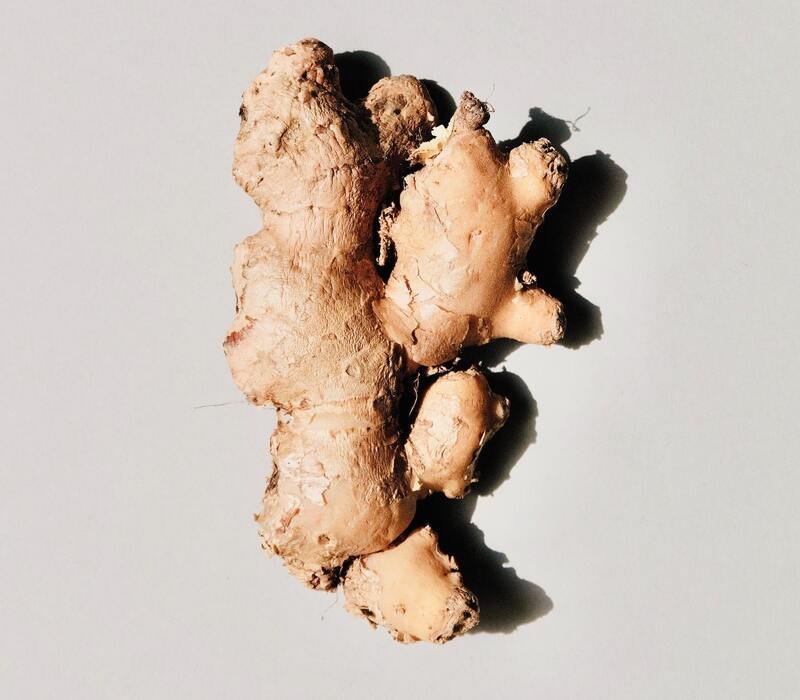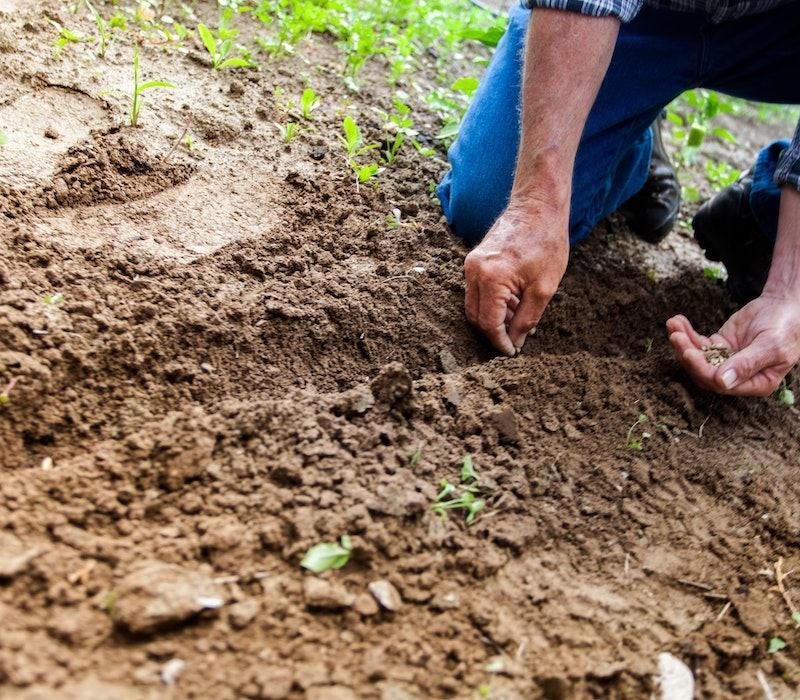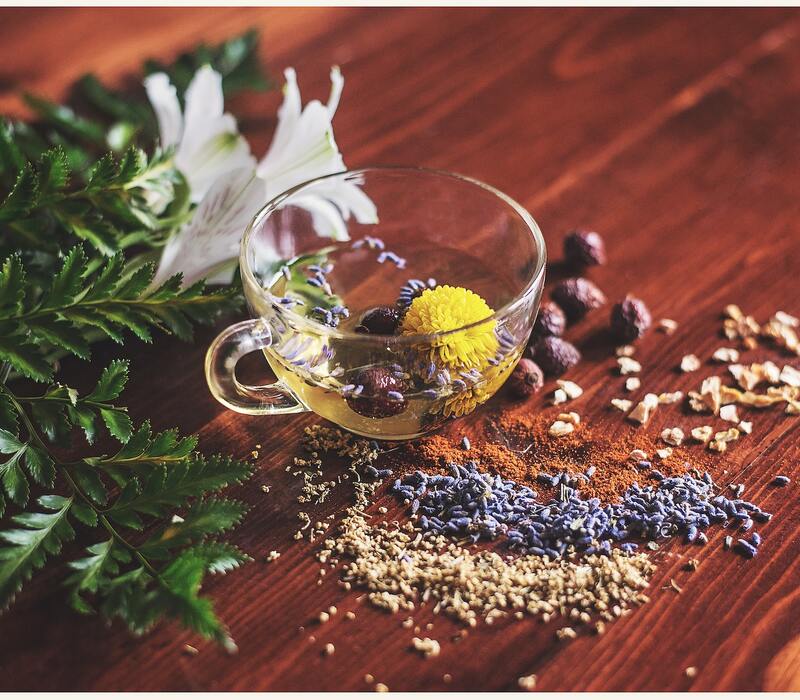Ginger seeds might take you to farm and all but it has a lot more to it than just farming. You must be wondering what is that so let me tell you.
Page Contents
Ginger Seeds
The size of the ginger seed, called the rhizome, is important for ginger production. The larger the rhizome, the faster the ginger will be produced and sold. Before planting seed rhizomes, farmers should treat the seeds to prevent pests, rhizome blight, and other seed-borne diseases. In India, there are various methods of seed treatment by farmers.

These include soaking the seeds in a cow dung emulsion, smoking the seeds before storage, or treating them with boiling water. Once the seeds have been properly treated, the field in which they are to be planted must be totally dug or plowed by the farmer to break up the soil. They are built ~80 feet (18-24 m) apart and wash the crops. The next step is to plant rhizome seeds.
Ginger Seeds And Its Cultivation
Seed rate For sowing, selected fresh, disease-free rootstocks (mother root and fingers) are used. A seed rate of 480-720 kg is good to sow 1 hectare of land.
Seed Treatment Rhizome treatment is carried out before sowing. Soak the rhizomes in the solution for 30 minutes. Protects rhizomes from fungal attack. Please dry it in the shade for 3-4 hours after processing.
Ginger cultivation does not take up much space at all. Each rhizome you plant will initially grow only a few leaves in one place. Over time it will become a dense clump and will grow in size very slowly, but if it is not reaped Limited.
It doesn’t seem to bother me even if the rhizomes are rather crowded.
Ginger is about 2 to 3 feet tall. Ginger cultivation does not take up much space at all. Each rhizome you plant will initially grow only a few leaves in one place. Over time, it will become a dense clump and grow in size very slowly, but if it is not reaped.
It doesn’t seem to bother me even if the rhizomes are somewhat packed.
Ginger is about 2 to 3 feet tall. A 14-inch pot will easily fit 3 average rhizomes. A rectangular styrofoam box holds about 9 to 12 pieces. If growing in the ground, plant about 6 to 8 inches apart.
A 14-inch pot will easily fit 3 average rhizomes. A rectangular styrofoam box holds about 9 to 12 pieces. If farming in the ground, plant about 6 to 8 inches apart.

Health Benefits
Ginger Seeds For Better Digestion
Ginger speeds up the digestive process and helps empty the stomach faster. People with digestive problems such as indigestion, ulcers, constipation, and irritable bowel syndrome should avoid a regular diet. Studies show that people who consume ginger digest it twice as fast as those who don’t. It promotes movement in the digestive tract and healthy enzymes that help break down the food we eat.
Ginger Seeds to Improve Immunity
Gingerol, a bioactive combination found in raw ginger, boosts immunity through its antibacterial and antifungal effects. Ginger also has antioxidant and anti-inflammatory effects. Combining these properties has many advantages. These ginger health benefits and side effects include improving coughs, and falling fevers, fighting infections, easing headaches and easing other symptoms associated with colds and flu.
Ginger Seeds to Relieve PMS Symptoms
Menstrual cramps are a common symptom of a woman’s menstrual cycle, and the inclusion of ginger may help manage it. Consuming ginger during the first three days of the menstrual cycle can help reduce pain and its anti-inflammatory effects. Helps reduce bloating normally associated with PMS.
Ginger Seeds to Relieve Nausea And Upset Stomach
One of the most well-known health side effects of ginger is its ability to relieve nausea. Whether it’s motion sickness, migraines, morning sickness, or general stomach problems, ginger can help soothe stomach upsets. This is done by its anti-inflammatory properties, improving digestive response, and hormones that regulate blood pressure and calm the body.
May Help Against Cancer
Studies on ginger have shown that some of the gingerol’s benefits may help prevent some types of cancer. It’s not a panacea, but its antioxidant and anti-inflammatory properties protect the body. Ginger is also a safe option for relieving symptoms of nausea and pain associated with cancer treatment. If you are undergoing chemotherapy, adding ginger to your diet can help combat the side effects of treatment such as nausea and dizziness.
Ginger Seeds to Reduce Pain
Ginger is a natural pain reliever. This makes it an excellent alternative to over-the-counter pain relievers. Gingerol has anti-inflammatory properties and works to eliminate compounds in the body that cause pain. Ginger’s anti-inflammatory effects reduce pain associated with arthritis and increase joint mobility. Arthritis sufferers are often named anti-inflammatory medications to relieve symptoms, but ginger is a natural It’s a great alternative.
Ginger Seeds For Healthier Skin
Ginger improves skin health through its antioxidant, blood circulation, and antiseptic effects. Antioxidants protect the skin from UV rays and slow down the breakdown of collagen, making the skin younger and firmer. Antiseptic effects improve acne symptoms and raw ginger helps with acne scars. Its inflammatory effects also help heals sore skin.
Weight Loss Aid
Some studies have shown that eating ginger can help you lose weight. Ginger controls insulin levels, boosts metabolism, and aids post-workout recovery. It’s not a panacea, but when mixed with other weight loss efforts, it can complete your results.
Good For Heart
In addition to its other effects, ginger also acts as a blood-thinning agent, which is helpful in controlling cardiovascular problems. Anticoagulants reduce the risk of blood clots, lowering the risk of heart attacks and strokes. Another way ginger helps prevent heart disease is by reducing blood pressure and cholesterol levels.
Cholesterol form-up can clog arteries and increase the risk of heart problems. Ginger also improves circulation and lowers blood sugar levels, helping the heart to maintain peak performance.
Improve Brain Function
Chronic inflammation can affect the brain over time, causing the decline. This can lead to mental impairment, mental health problems, or Alzheimer’s disease. Ginger reduces inflammation and protects the brain from free radicals through its powerful antioxidants. It also improves memory function by raising neurotransmitters in the brain involved in memory, engagement, and reaction time. To do. Ginger releases dopamine and serotonin to help fight mental illnesses like despair and anxiety
FAQs
About 8-10 months
Ginger takes about 8 to 10 months to grow if the correct procedures are followed. You can start harvesting the roots after a few months, but for best results leave them on until the maximum growing season. It is best to keep it.
It is used to aid digestion, reduce nausea, and fight flu and colds. Ginger’s unique aroma and flavor come from the most important natural oil, gingerols. Gingerol is the main bioactive compound in ginger.
Provide good soil for ginger and fertilize as needed
As the ginger grows, you can add a few inches of compost to the growing ginger shoots, much like you would “jump” a potato.
Conclusion
All you know about ginger and ginger seeds and their health benefits. Now it’s up to you if you add this to your diet and how you do that.
Following are a few related articles you should read.

